Currency exchange can feel like navigating a maze blindfolded. Most people think they understand how it works, but numerous misconceptions lurk beneath the surface, quietly draining wallets worldwide. These myths aren’t just harmless misunderstandings. They’re expensive mistakes that add up over time.
Whether you’re planning a vacation, sending money abroad, or running an international business, falling for these common myths can cost you hundreds or even thousands of dollars. Here is a list of 20 currency exchange myths that might be eating into your budget right now.
Airport Exchanges Offer Fair Rates
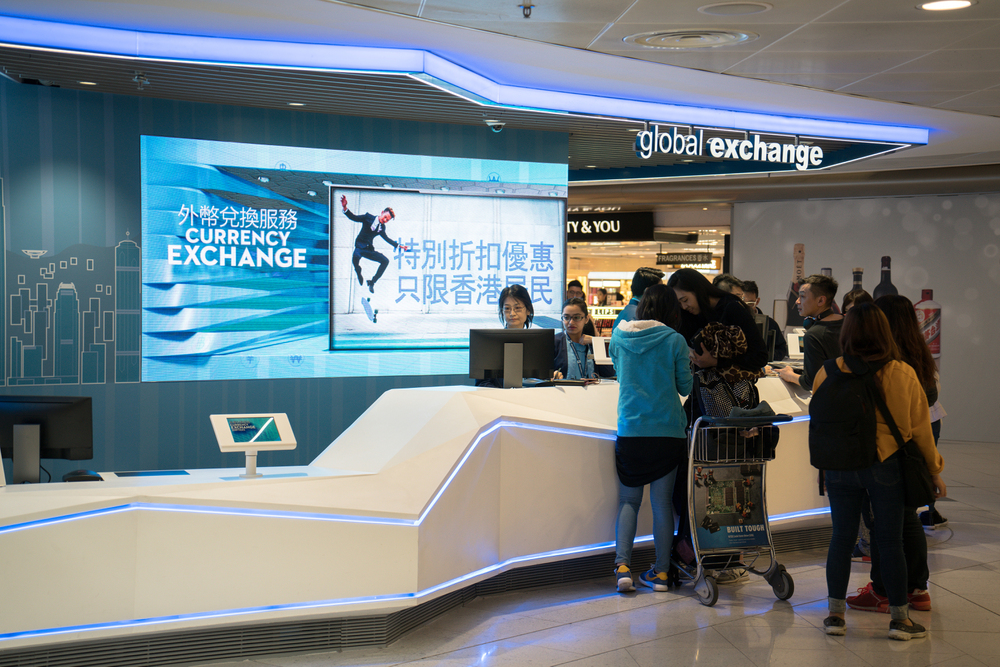
Airport currency exchanges are like buying water at a concert — you’re paying for convenience, not value. These kiosks typically charge 5–10% more than market rates because they know you’re stuck. The flashy ‘no commission’ signs often hide terrible exchange rates that more than make up for any fees they’re waiving.
Banks Always Give the Best Rates
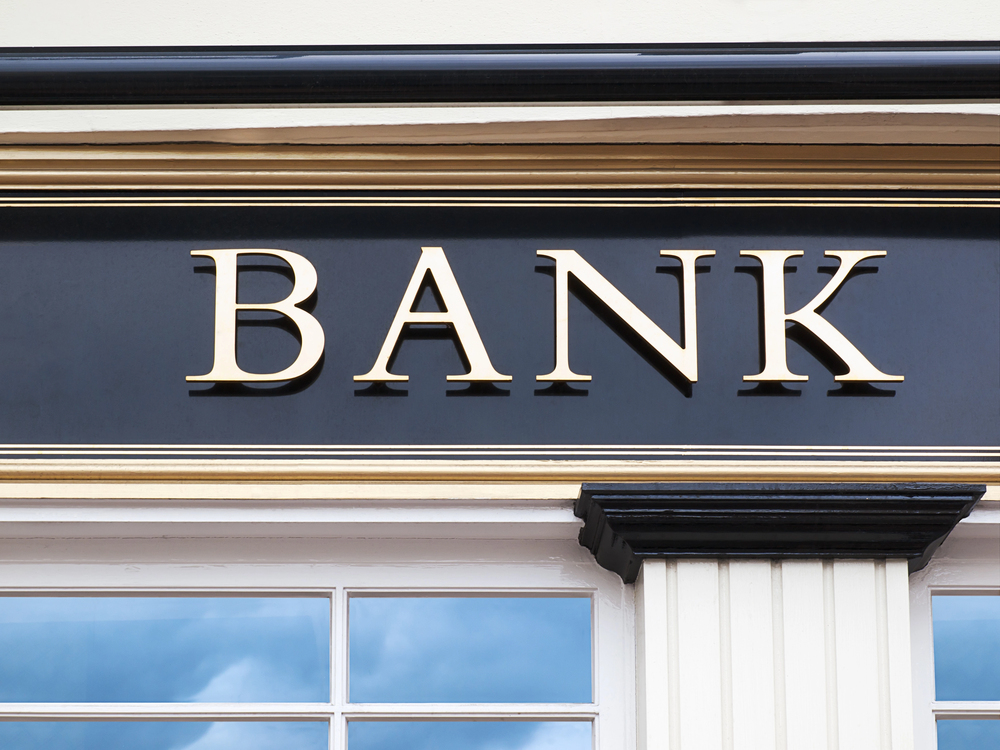
Your friendly neighborhood bank isn’t doing you any favors when it comes to currency exchange. Most banks add a hefty markup of 2–4% on top of the real exchange rate, plus additional fees for good measure. They’re in the business of making money, not saving you money on international transactions.
Like Travel Pug’s content? Follow us on MSN.
Online Rates Match What You’ll Actually Get
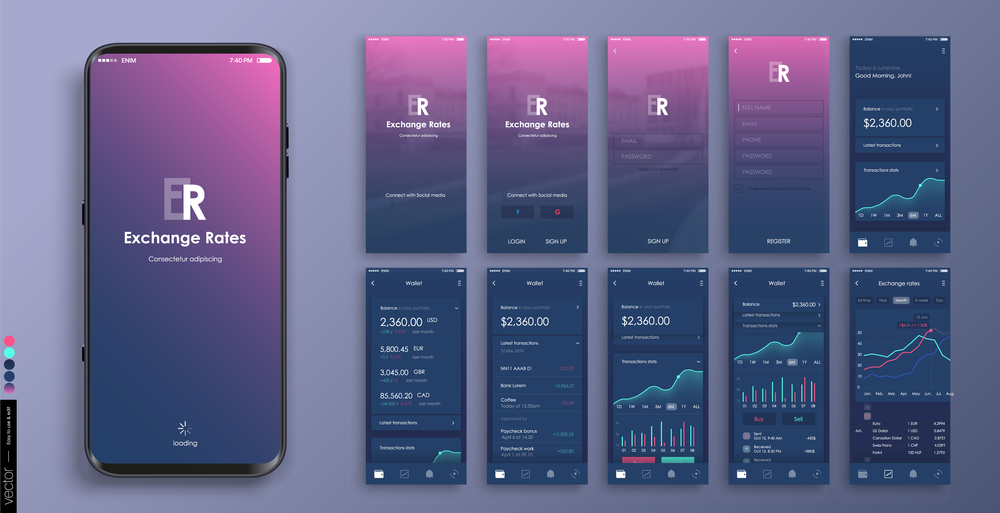
Those Google exchange rates you see online are like window shopping—nice to look at, but not what you’ll pay. The rates displayed are interbank rates that only massive financial institutions have access to. Real people typically pay 2–6% more than these headline numbers.
Credit Cards Charge Massive Foreign Transaction Fees
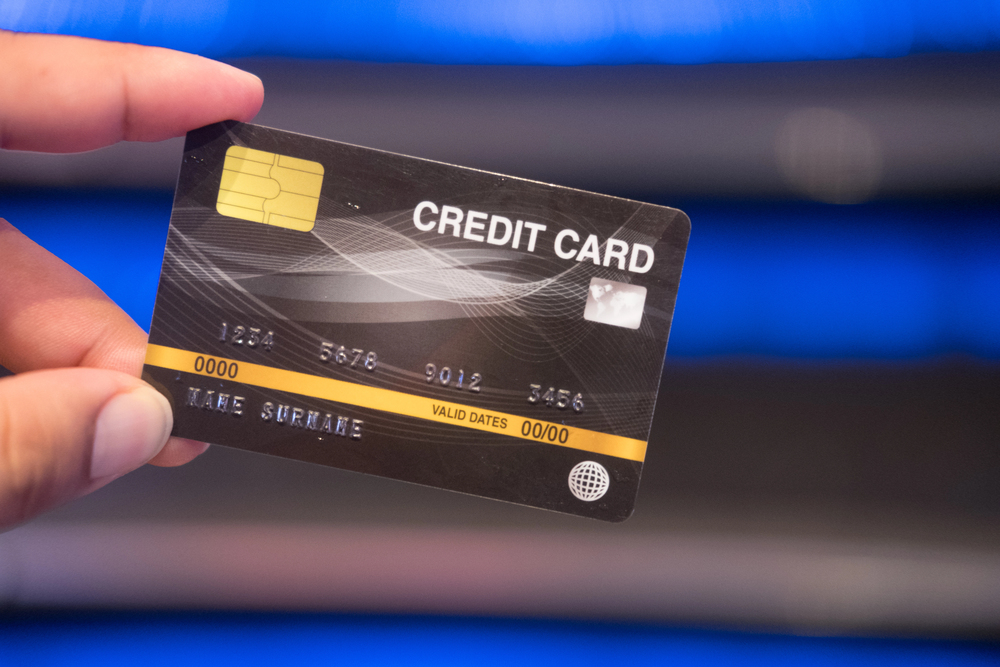
Many people avoid using credit cards abroad, thinking the fees will crush their budget. The reality is that good travel credit cards often offer better exchange rates than most other methods, even with their 1–3% foreign transaction fees. Some premium cards waive these fees entirely, making them your best option for international purchases.
Exchanging Money Before Travel is Smarter

Pre-trip currency exchanges at your local bank often deliver the worst possible rates. You’re buying foreign currency at retail prices weeks before you need it. ATMs in your destination country typically offer much better rates, even after accounting for withdrawal fees.
Like Travel Pug’s content? Follow us on MSN.
ATM Withdrawals Abroad Are Always Expensive
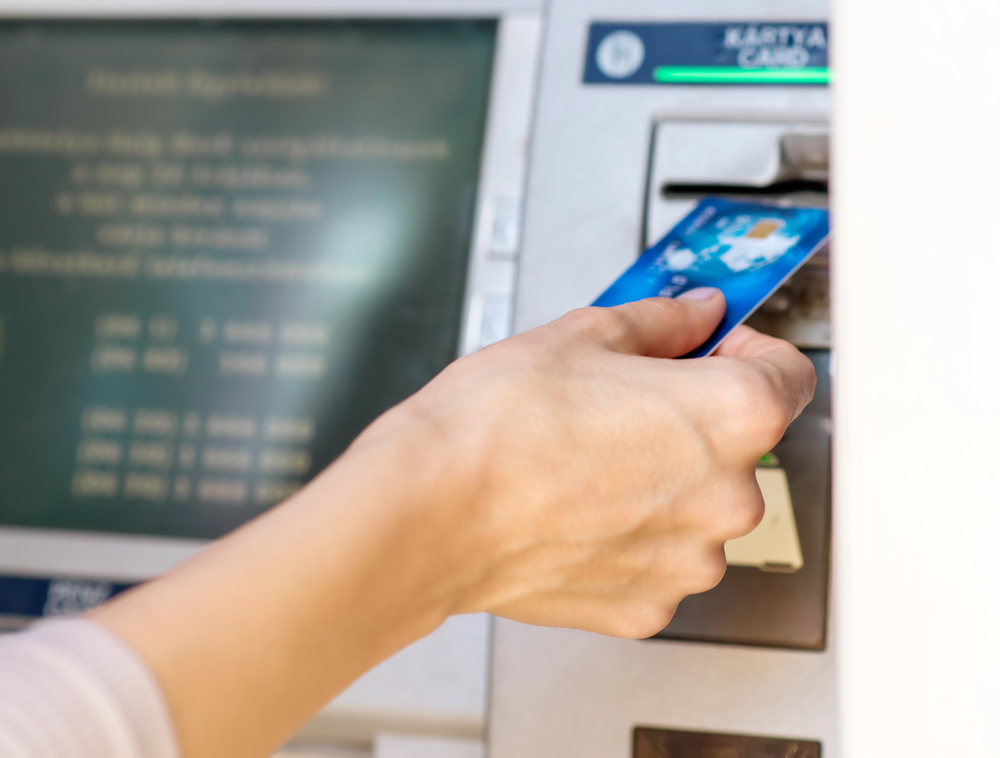
While some ATM networks do charge hefty fees, many don’t realize that credit unions and online banks often reimburse international ATM fees. A $3 ATM fee might seem steep, but it’s often cheaper than the markup you’d pay at currency exchange counters. Your bank’s international ATM partnerships can also eliminate these fees.
Dynamic Currency Conversion Saves Money
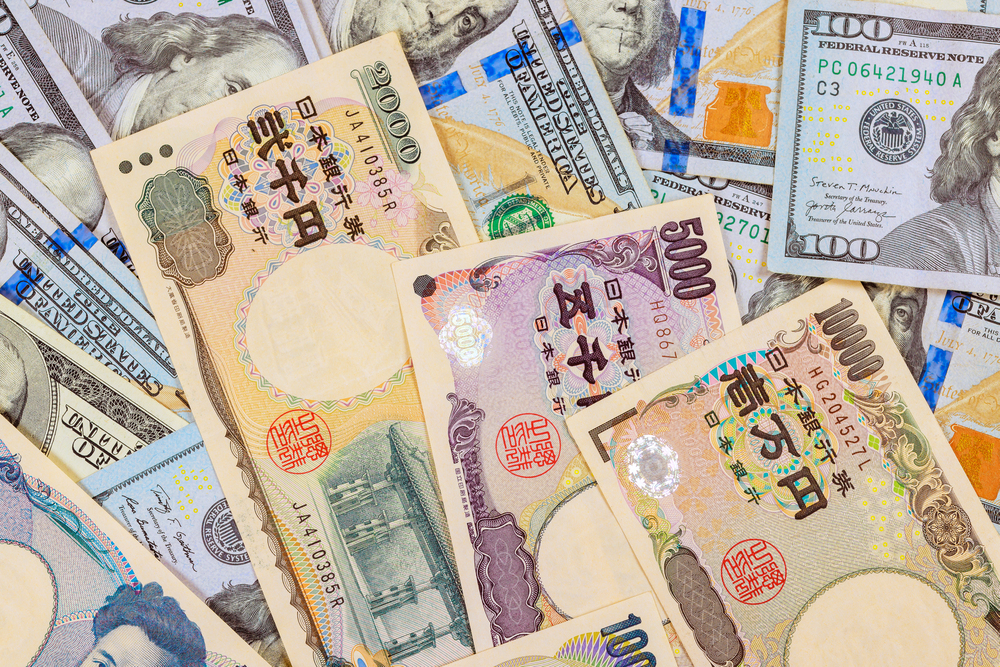
When that payment terminal abroad offers to charge your card in your home currency, it’s not doing you a favor. Dynamic currency conversion typically adds 3–5% to your bill while giving you a false sense of transparency. Always choose to pay in the local currency and let your bank handle the conversion.
Traveler’s Checks Are Still Worth Using

Traveler’s checks are like bringing a flip phone to a smartphone convention—outdated and impractical. Many businesses no longer accept them, and the exchange rates are typically terrible. Modern alternatives like travel-friendly debit cards offer better rates, wider acceptance, and more convenience.
Like Travel Pug’s content? Follow us on MSN.
Cash Exchange Gives Better Rates Than Cards
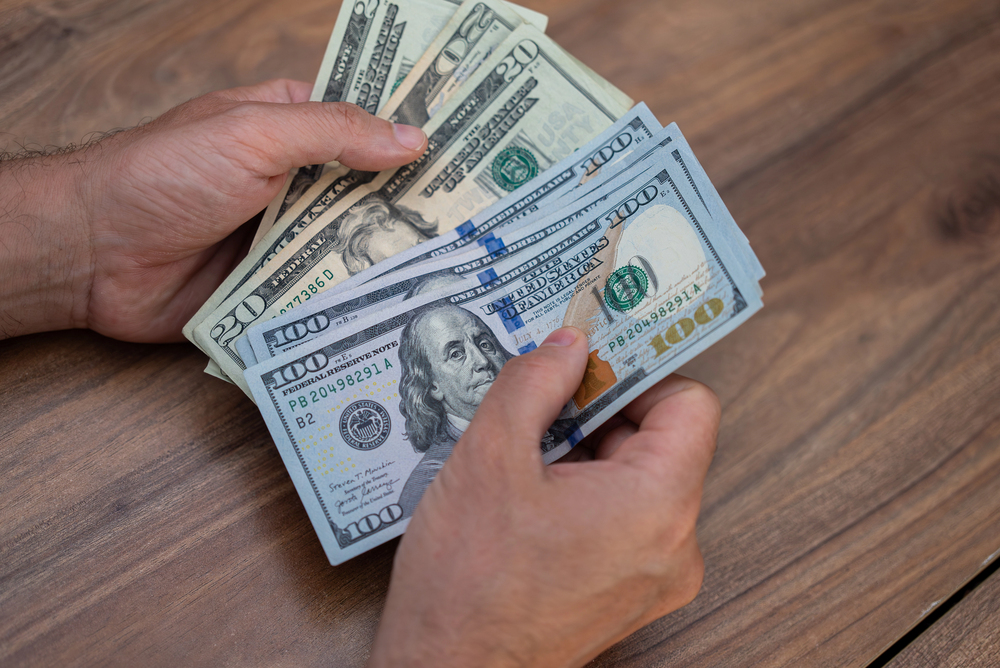
Physical cash exchanges might feel more ‘real,’ but they’re often more expensive than card transactions. Currency exchange shops need to maintain inventory, pay rent, and staff their locations—costs that get passed on to you. Digital transactions cut out these middlemen and their associated markups.
All Exchange Services Charge the Same Rates
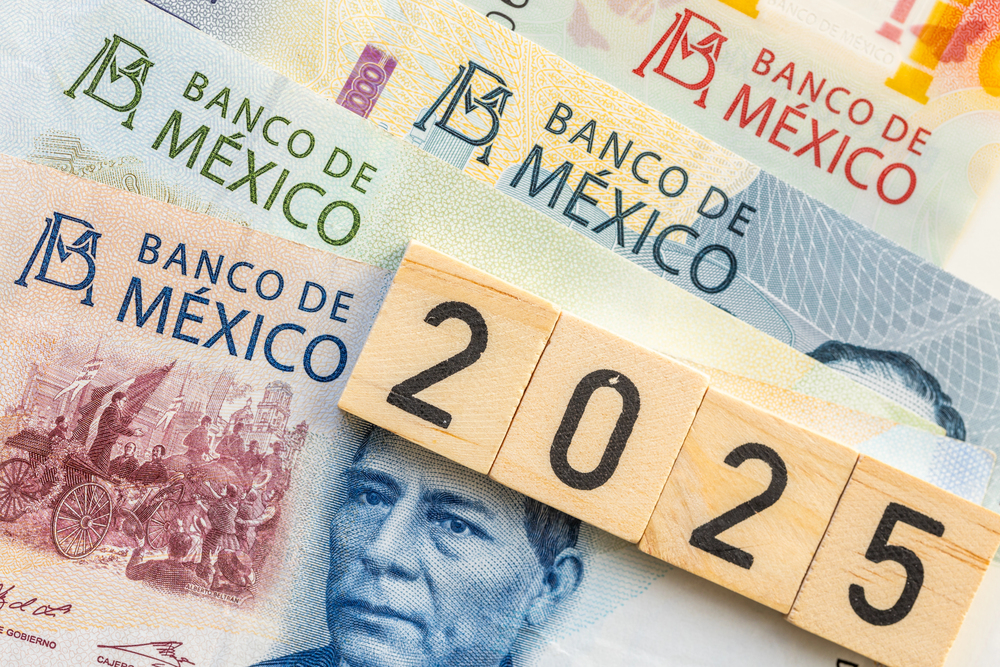
Exchange rates vary wildly between providers, sometimes by 5% or more for the same transaction. Shopping around takes five minutes but can save you significant money. Online comparison tools make this easier than ever; yet, most people still opt for the first option they find.
Wire Transfers Are the Cheapest for Large Amounts
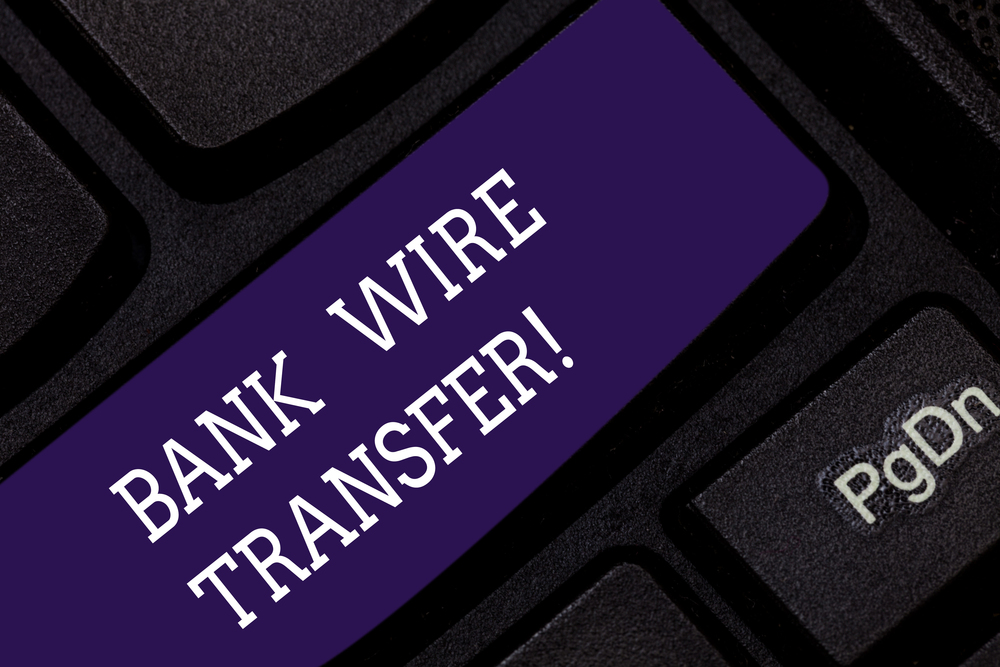
Traditional wire transfers from banks can cost $25–50 plus terrible exchange rates, making them expensive even for large sums. Modern money transfer services like Wise or Remitly often charge a fraction of this while offering much better exchange rates. The bigger your transfer, the more you’ll save by avoiding traditional banks.
Like Travel Pug’s content? Follow us on MSN.
Exchange Rates Don’t Change Much Day to Day
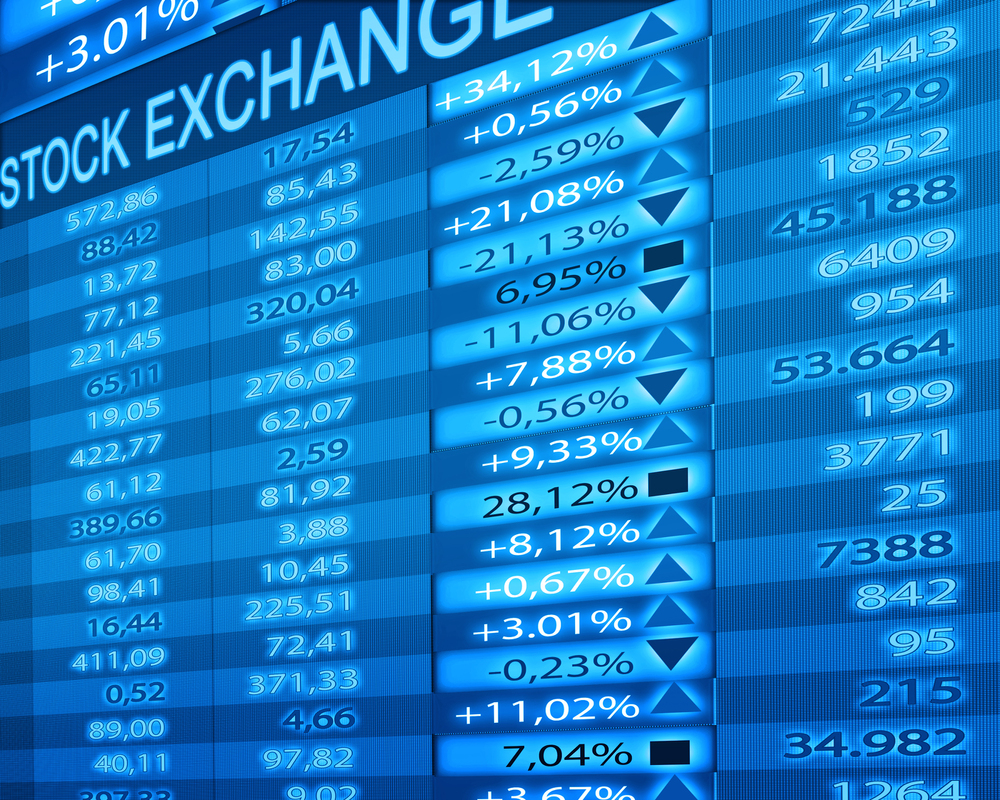
Currency markets move constantly, sometimes swinging 2–3% in a single day. If you’re making a large purchase or transfer, timing can save or cost you hundreds of dollars. Setting up rate alerts for major transactions is like getting a heads-up before prices change at your favorite store.
Small Transactions Don’t Need Rate Shopping
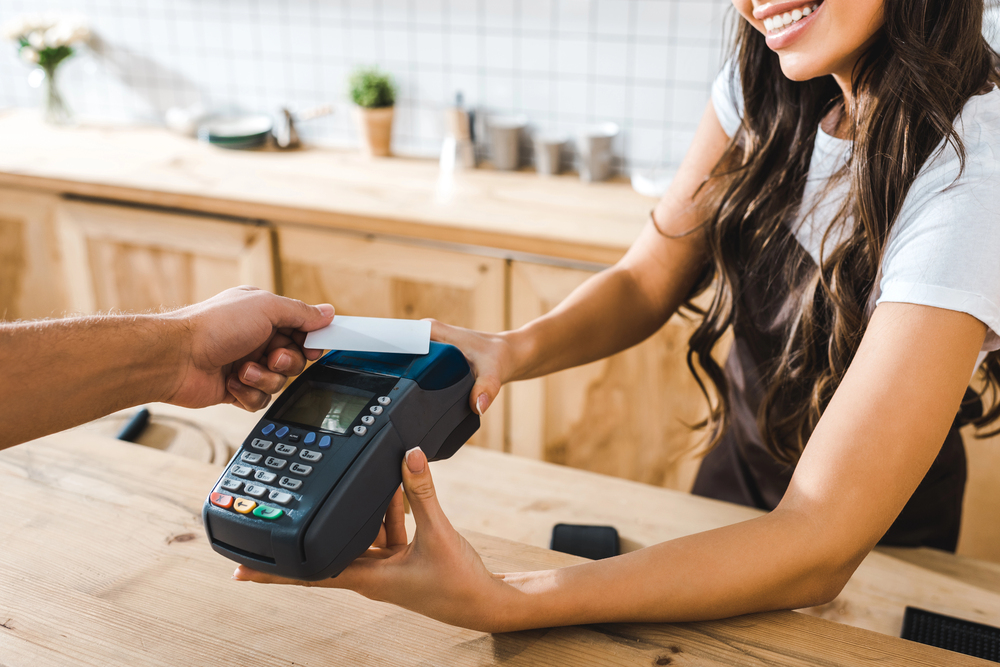
Even a $100 transaction can see $5–10 differences between providers. Those small amounts add up quickly if you’re making regular international purchases or transfers. The percentage impact is higher on smaller amounts since fixed fees eat up a larger portion of your money.
Tourist Areas Have Competitive Exchange Rates
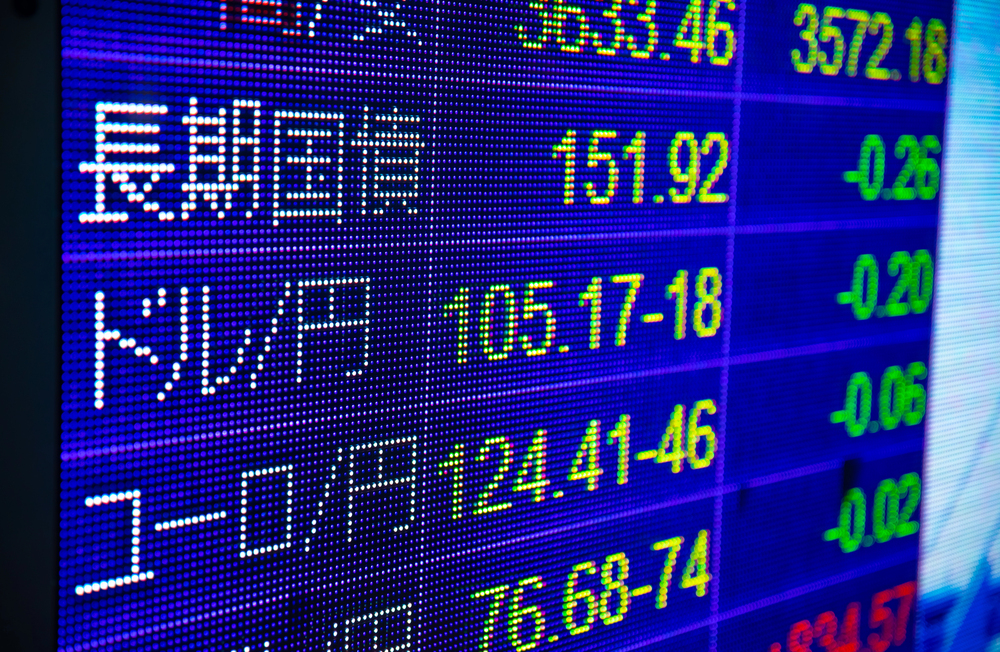
Currency exchanges in tourist hotspots are like restaurants near famous landmarks—you’re paying for location, not value. These shops know tourists are in a hurry and unfamiliar with local rates. Walk a few blocks away from tourist areas, and you’ll often find much better deals.
Like Travel Pug’s content? Follow us on MSN.
Commission-Free Means No Hidden Costs
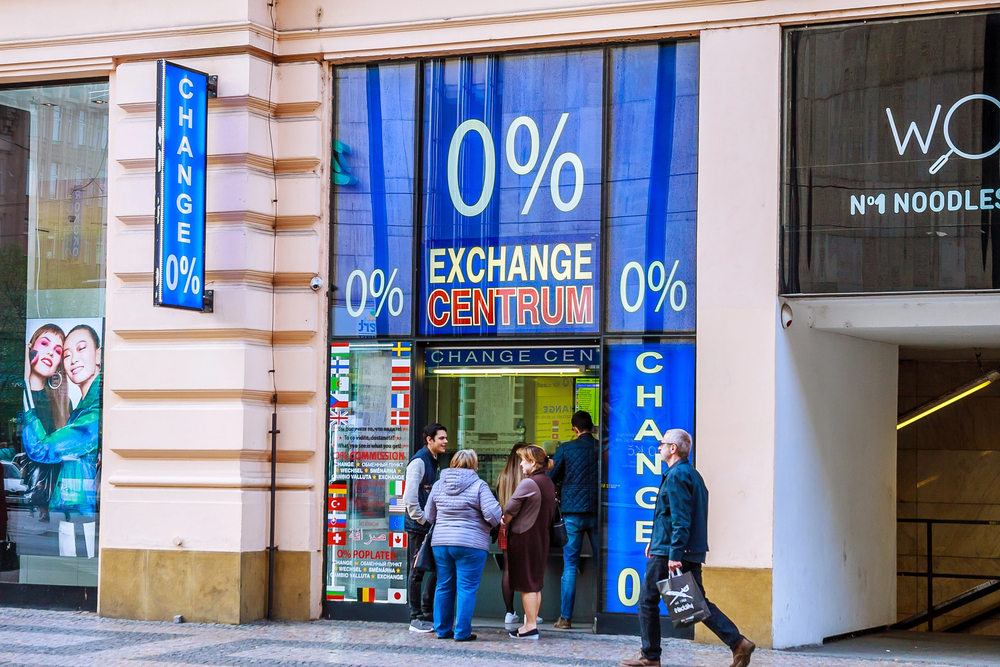
‘No commission’ signs are like ‘fat-free’ labels on candy—technically true but missing the bigger picture. These services generate revenue by offering unfavorable exchange rates instead of charging upfront fees. You might avoid a $5 commission but pay $20 extra in poor rates.
Debit Cards Work the Same as Credit Cards Abroad
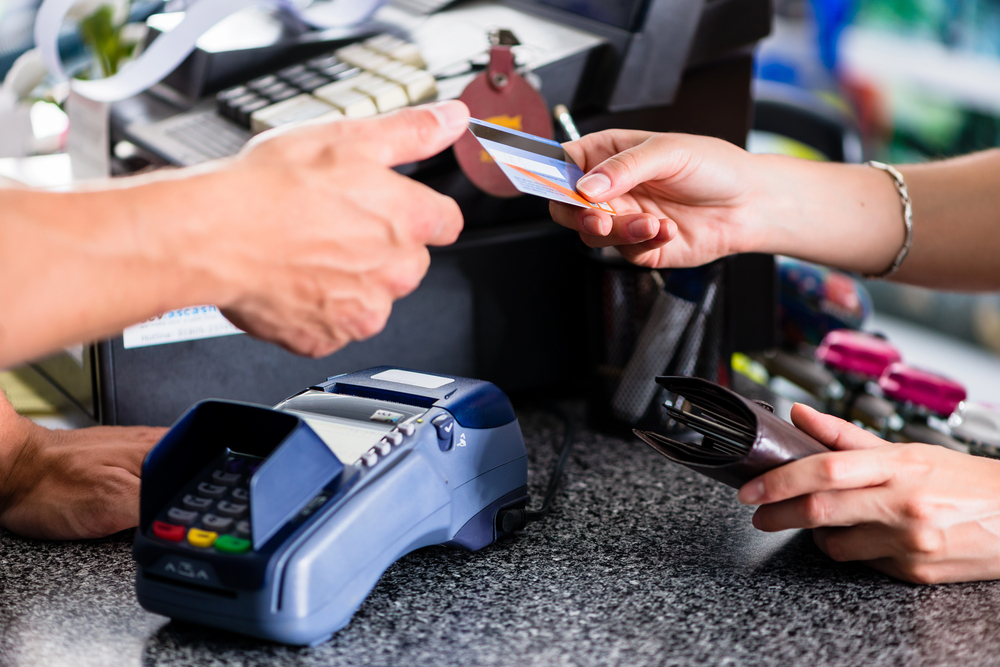
Debit and credit cards follow completely different rules for international transactions. Debit cards often have higher fees, worse exchange rates, and less fraud protection. Your debit card might also get blocked more easily by overseas transactions, leaving you stranded without access to funds.
Hotel Currency Exchange is Convenient and Fair
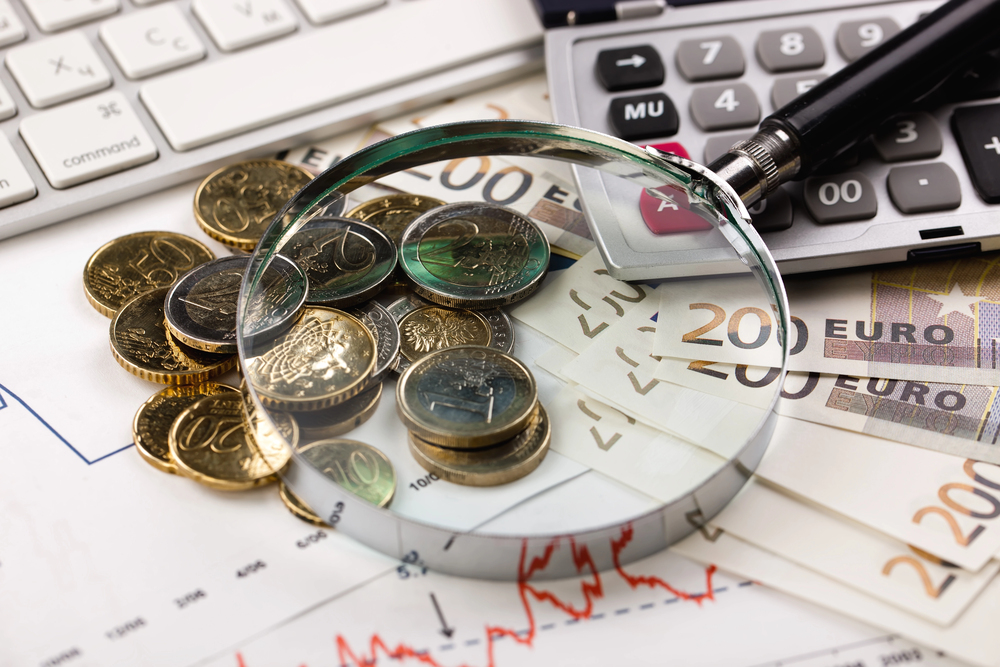
Hotel concierges offering currency exchange are providing a service, not a favor. Their rates are typically even worse than airport exchanges because they’re targeting captive customers who don’t want to leave the property. That convenience comes with a premium that can easily exceed 10%.
Like Travel Pug’s content? Follow us on MSN.
Business Accounts Get Better Exchange Rates

Many small business owners assume their business banking relationship earns them better currency exchange rates. Business accounts often face the same markups as personal accounts, sometimes even higher ones. Specialized business currency services frequently offer much better deals than traditional business banking.
Weekend Exchange Rates Are the Same as Weekday Rates
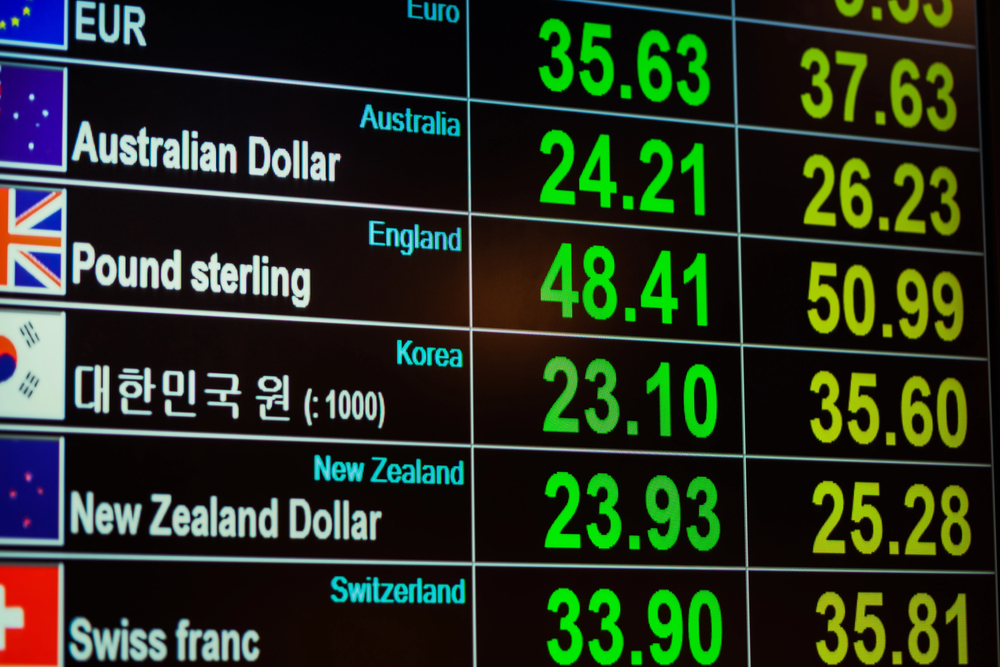
Currency markets close over weekends, but many exchange services add extra markups during this time to account for market uncertainty. Converting money on Friday afternoon often costs less than waiting until Sunday. Planning around market hours can save money on larger transactions.
Cryptocurrency Exchanges Offer Better Currency Conversion

While crypto can sometimes provide cheaper international transfers, using it purely for currency conversion often involves multiple transaction fees and volatile pricing. You might save on exchange rate markups but lose money to crypto price swings and platform fees. It’s more complex than traditional methods and rarely worth it for simple currency conversion.
Like Travel Pug’s content? Follow us on MSN.
Learning From Our Exchange Rate Mistakes
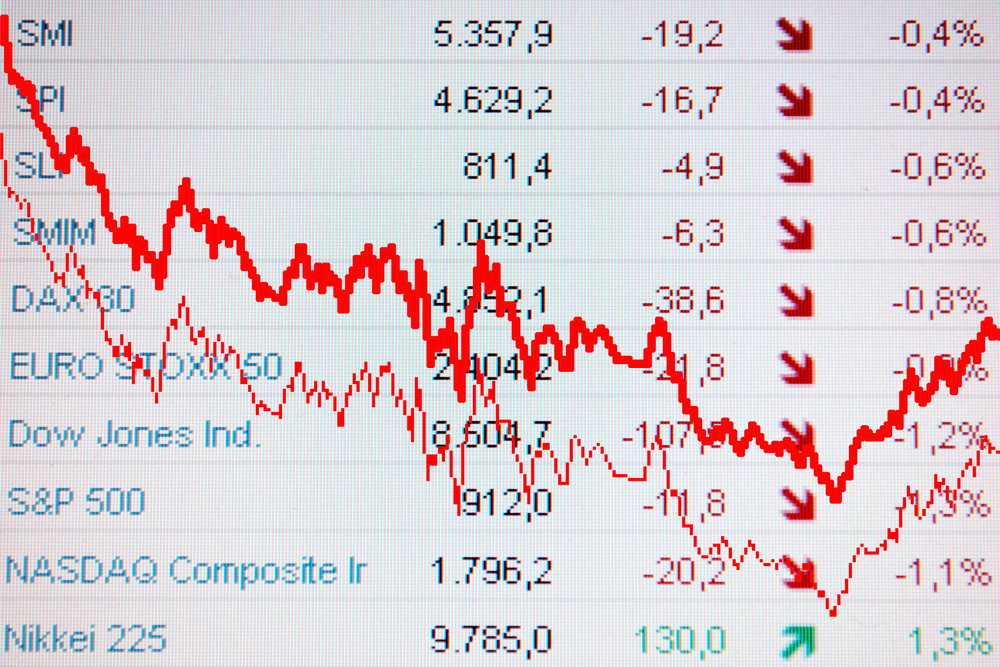
These currency exchange myths persist because the industry benefits from customer confusion, and most people only deal with foreign currency occasionally. The internet has democratized access to better exchange rates, but only if you know where to look. What once required insider knowledge is now available to anyone willing to spend a few minutes comparing options before making international transactions.
More from Travel Pug

- 20 Best Beach Towns in the Carolinas
- 13 Destinations Where Tourists Regularly Regret Their Trip
- 20 Things You Actually Get in First Class
- 20 Small Airports With Aviation Museums
- 20 Places in the U.S. That Are Perfect for a Reset Trip
Like Travel Pug’s content? Follow us on MSN.
